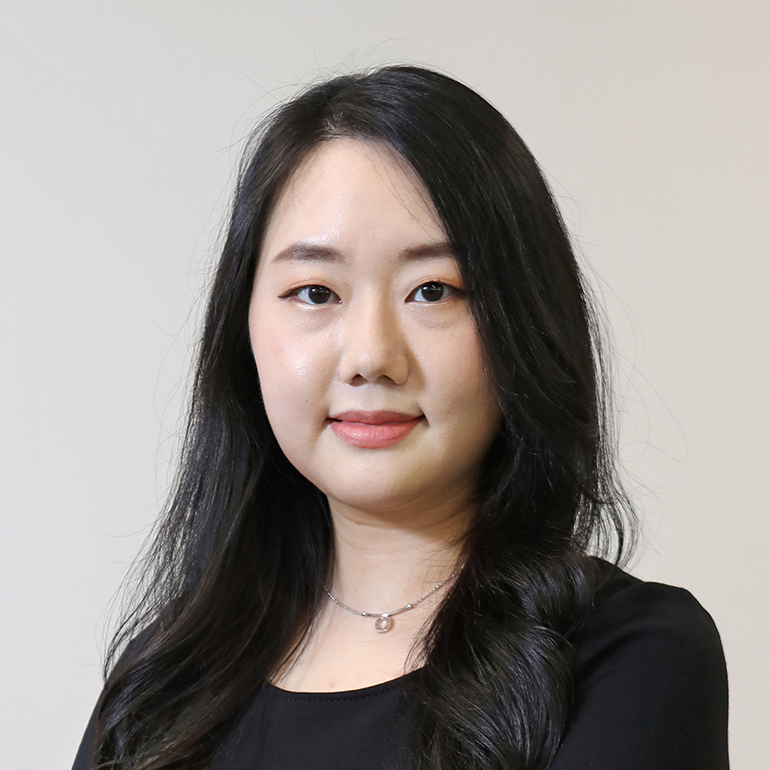Top court rules that 'comfort women' shelter must return misappropriated donations
Published: 01 Aug. 2024, 18:24
Updated: 01 Aug. 2024, 18:29
-

- SARAH KIM
- kim.sarah@joongang.co.kr
![Statues of victims of the Japanese military’s wartime sexual slavery are displayed at the House of Sharing in Gwangju, Gyeonggi, on Aug. 12, 2023, two days ahead of the anniversary of the International Memorial Day for Japanese Military Comfort Women. [NEWS1]](https://koreajoongangdaily.joins.com/data/photo/2024/08/01/7805b6fe-e596-4f0c-93cb-3b07a32c093c.jpg)
Statues of victims of the Japanese military’s wartime sexual slavery are displayed at the House of Sharing in Gwangju, Gyeonggi, on Aug. 12, 2023, two days ahead of the anniversary of the International Memorial Day for Japanese Military Comfort Women. [NEWS1]
The top court overturned a lower court ruling in favor of the plaintiff following a lawsuit filed by a donor surnamed Lee against the House of Sharing for alleged misuse of donations meant to support so-called comfort women, a euphemistic term for victims of Japanese sexual slavery before and during World War II.
From August 2017 to April 2020, Lee sent 50,000 won ($37) per month for a total of 31 times to the shelter's account for donations for the purpose of "supporting the living and welfare" of the victims of wartime sexual slavery and "activities allowing them to give their testimonies."
The House of Sharing drew public controversy in May 2020 after employees raised allegations that donations were not being used for the benefit of the victims.
Thursday's ruling sided with Lee, who claimed that he would not have agreed to donate the money had he known how donations were used.
The Supreme Court conceded that there was indeed a "discrepancy" in what the plaintiff would have perceived as the purpose of the donations he had made and the "actual use" of the money.
Lee had believed that "the donated money has been or was currently being used for activities related to comfort women victims," and that "it will continue to be so in the future," according to the court.
Thus, the House of Sharing is expected to return the donations it had accepted from him between 2017 and 2020.
This is in keeping with Article 109 of the Civil Act, which stipulates that "a declaration of intention may be voidable if made under a mistake in regard to any essential elements of the juristic act."
Siding with the plaintiff, the top court sent back the case to the Seoul Central District Court.
The House of Sharing was founded in 1992 as a shelter for comfort women victims, and has moved location several times over the years before settling in the current venue in Gwangju as an official welfare and residential facility for the elderly survivors.
The people in charge of the facility at the time have been accused of accumulating a large amount of donations meant to use for senior care projects, but rather than properly supporting the elderly survivors, they had been using the corporate account to fund their own expenses. Thus, the victims were allegedly left to pay for their own upkeep including medical expenses.
Donors in turn filed lawsuits between in June and August 2020 to demand the return of a total of approximately 90 million won.
Some 23 people participated in the lawsuit filed by Lee, but after they lost in both lower court trials, he proceeded to appeal alone.
BY SARAH KIM [kim.sarah@joongang.co.kr]










with the Korea JoongAng Daily
To write comments, please log in to one of the accounts.
Standards Board Policy (0/250자)